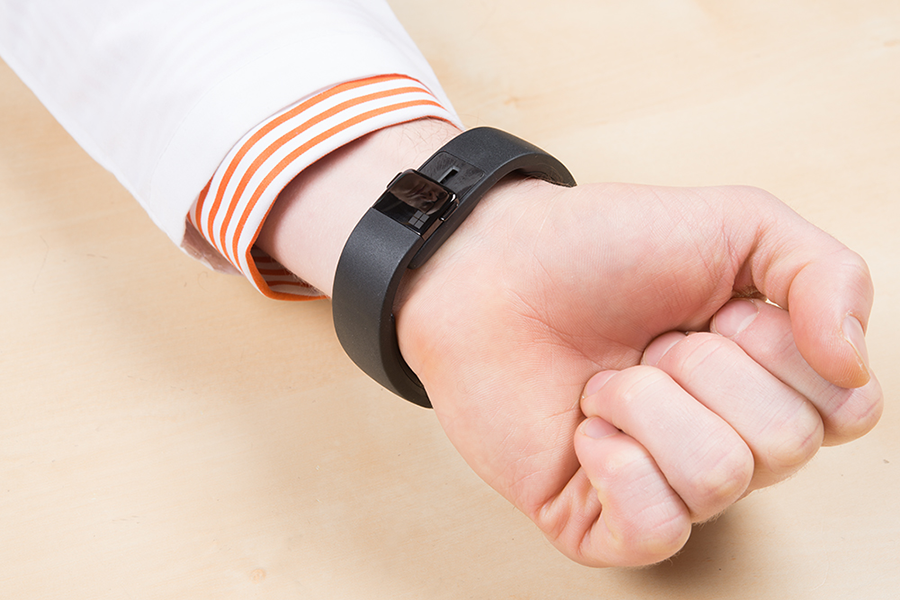As far as advancements in wearables go, we’ve seen Apple Watch equipped with an FDA-approved EKG sensor and smartglasses that can cure your jet lag, but a new device created by Japanese scientists dwarfs all these. The scientists have developed an ultra-flexible, solar-powered organic sensor, which acts as a self-powered heart monitor.
Related Scientists Develop Flexible, Conductive Mesh for Implantable and Wearable Bioelectronics
The work, which is a collaborative effort RIKEN, a Japanese research institute, and the University of Tokyo, demonstrates a photovoltaic device, coated on both sides with stretchable and waterproof films, which can continue to provide electricity from sunlight even after being soaked in water or being stretched and compressed. The work, published in the journal Nature Energy, could pave the way for new form of solar cells, which will provide power to wearable devices such as health monitors incorporated into clothing.
Study co-author Kenjiro Fukuda, Ph.D., a research scientist at Japan’s RIKEN Center for Emergent Matter Science said his device represents a big step forward for wearables. The device is thinner than a cardboard and resembles a band-aid.
“We expect long-term monitoring of the heart beat with minimum discomfort when the devices are attached onto the human body,” he told Inverse. “[Its] flexibility and light weight can reduce the discomfort when the devices are attached onto a human body.”
For their new work, the research team developed extremely thin and flexible organic photovoltaic cells, based on a material called PNTz4T, which they had developed in earlier work. The device was then deposited in an inverse architecture, which they had previously developed, onto a 1-um-thick parylene film. The ultra-thin device was then placed onto acrylic-based elastomer and the top side of the device was coated with an identical elastomer, giving it a coating on both sides to prevent water infiltration. The elastomer, while allowing light to enter, prevented water and air from leaking into the cells, making them more long-lasting than previous experiments.

To test its resistance to water, the researchers soaked it in water for two hours, and found that the efficiency decreased by just 5.4%. And to test the durability, they subjected it to compression, and found that after compressing by nearly half for twenty cycles while placing drops of water on it, it still had 80 percent of the original efficiency.
While the device is no more powerful than the existing heart-sensing technology, it does provide flexibility, which is one of the problems with traditional smartwatches. Our bodies move in strange and unpredictable ways, so devices that detect heart rate on the wrist can sometimes be muddled by erratic motions.
Related Flexible self-powered biosensors for Precisely and Continuously Monitoring Biological Signals
“Such ultra-thin devices enable better conformability than conventional wearable devices such as a smart-watch,” Fukuda said. “This can lead to better and more stable monitoring than such conventional devices.”
In early tests, the researchers wrapped the device around a rat’s heart, where it tightly stuck to the slimy, round surface. They found that, despite the uneven pounding of the rat’s stressed-out heart, the device could record each heartbeat accurately and then transfer that data to an external device. Even a high-end chest strap heart rate monitor likely wouldn’t accomplish this task, according to the Inverse report.












